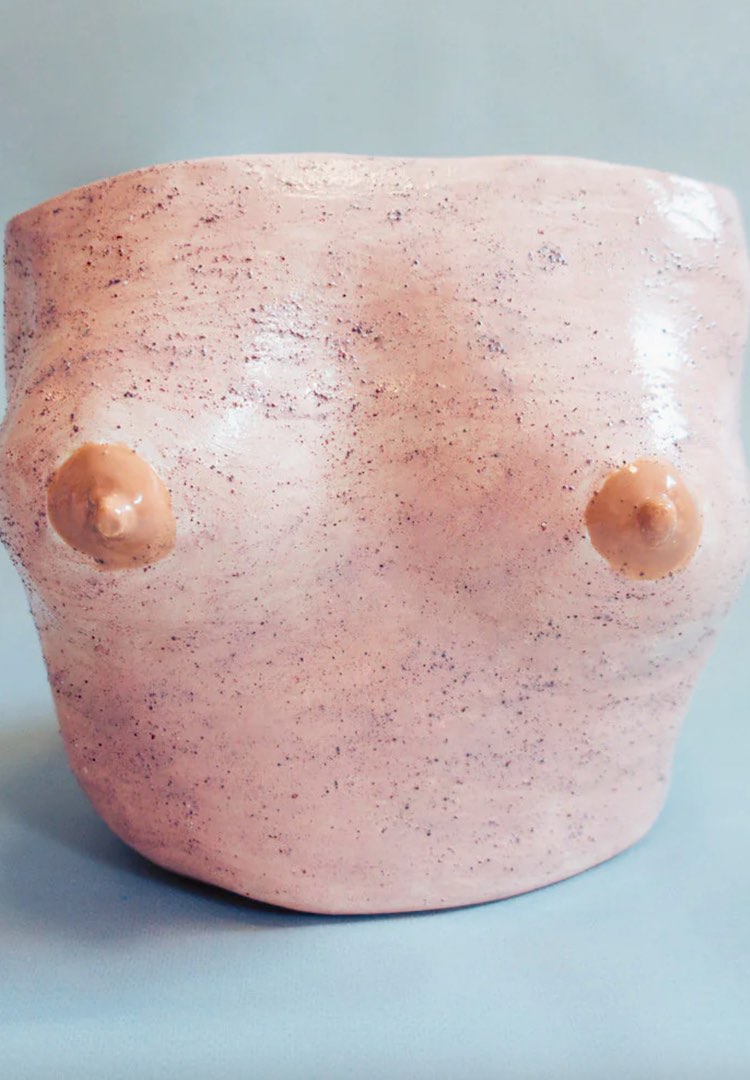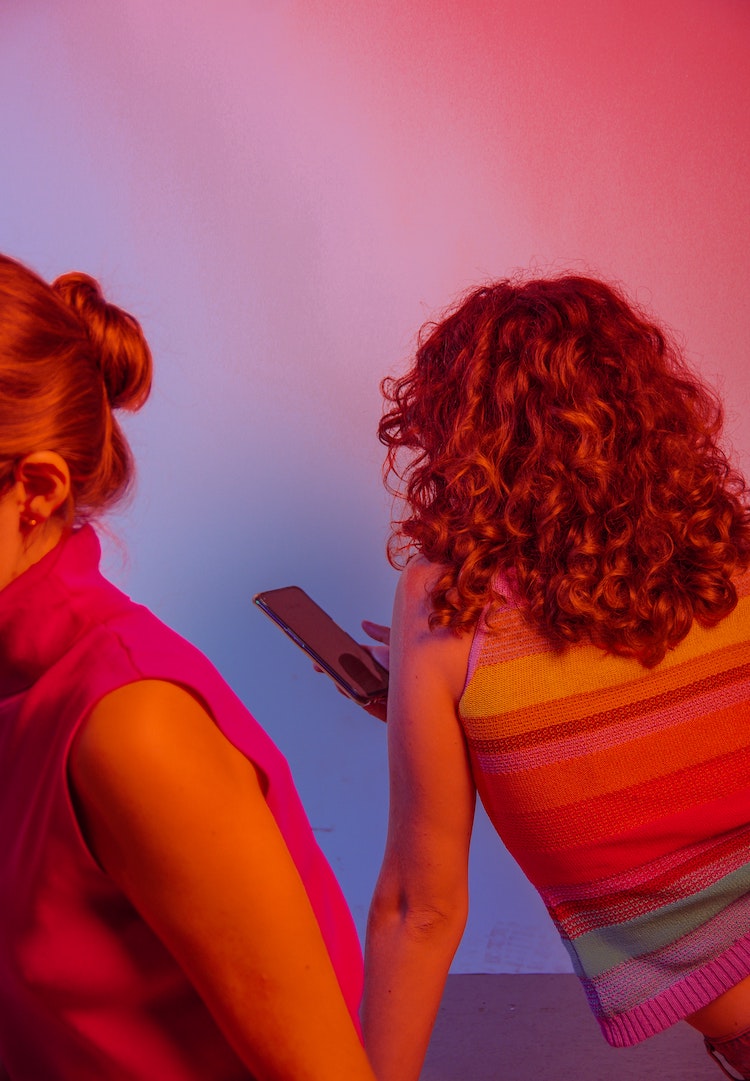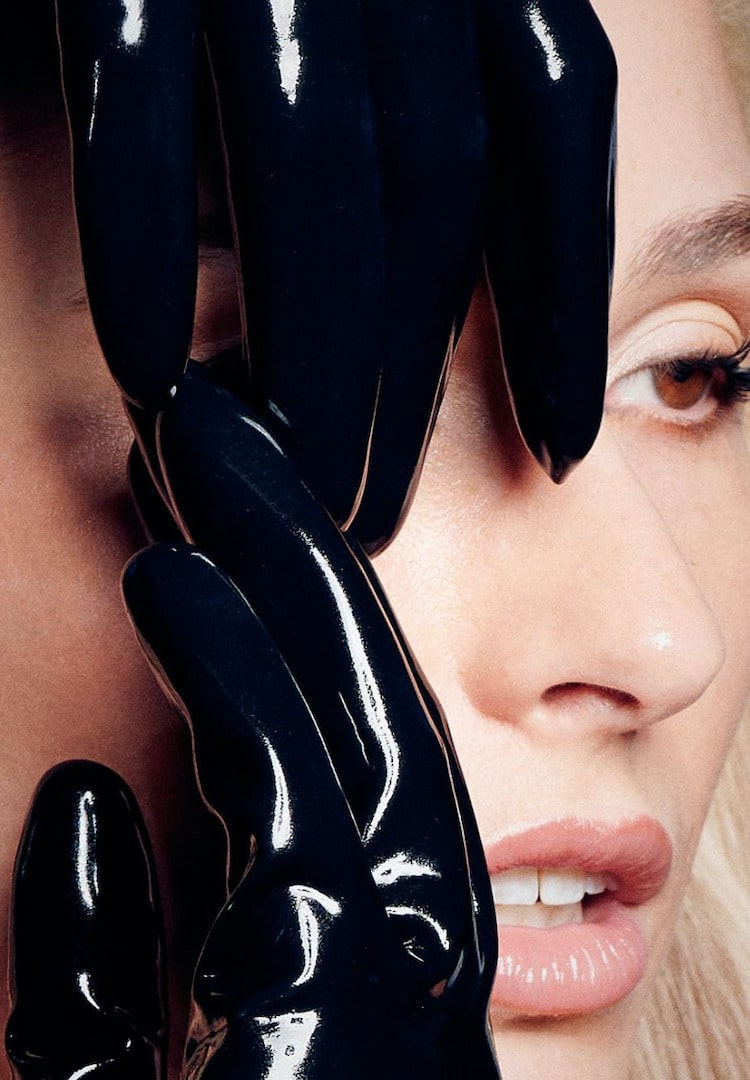How do I know if I’m asexual?
WORDS BY ROSEMARIE HOLLIS
“I felt the same towards all people regardless of gender, not because I was attracted to multiple genders but because I wasn’t attracted to any.”
Over the past five or six years I’ve noticed a change in how I think about sex. I’ve moved far away from the sexually adventurous days of my early twenties. That is, I don’t seem to think about sex at all these days. Don’t get me wrong, I still enjoy sex when I have it but the urge to jump into bed with someone is one I haven’t felt in a while.
This isn’t because I have vast amounts of stress or I’m on antidepressants or any other reason that people usually try to pin down as the cause for declining sex drive. It’s just a simple fact. Prior to my current relationship, a year passed without me having sex and while I decried this fact to my friends and played the part of the horny, sex-deprived single gal in her mid-twenties, the real truth was that this act was a farce.
For more content like this, browse through our Life section.
I was content without sex in my life – I actually wondered whether this contentment would extend beyond a year. Two years? The rest of my life? I’m still not sure of the answer. And another question arose. Was this just a low libido or could I be asexual?
If you’re not familiar with the term asexual, it broadly refers to a person who might experience little to no sexual attraction. Being asexual can mean different things to different people, and there are numerous sub-identities that fall under the umbrella of asexuality, like demisexuality and graysexual to name a few. Each of these identities under the asexual umbrella operates differently on the asexuality spectrum.
I already identify as queer, a term I chose for its fluidity, as I’ve never quite felt comfortable fitting into labels like bisexual or pansexual. In my quest to see if I might also identify on the asexuality spectrum, I decided to reach out to the asexual community and speak to someone who is asexual to decipher fact from fiction.
Amy Bonnici from Australian Asexuals, a group founded in Sydney to represent asexuality at the Sydney Gay and Lesbian Mardi Gras, tells me about her experience as someone who identifies as asexual. “I was 23 when I found the term asexual. I’d been reading a fanfic with an asexual character and I had to look up the term, as I’d never heard it before. I didn’t think anything of it at first. I looked up asexuality again [and] did some more in-depth investigation. It was a big moment to see that wow, this sounds like me,” she tells me.
Prior to this, Amy’s journey began with assuming she was “straight by default” before thinking she might even be bisexual. It was only after reading up online about asexuality that she began to understand her sexual identity. “I felt the same towards all people regardless of gender, not because I was attracted to multiple genders, but because I wasn’t attracted to any,” she says.
When I ask Amy about my own disinterest in sex, she corrects me when I refer to it as possibly being a case of low libido. “Asexuality has nothing to do with libido or arousal,” she explains. “Asexual people can have any level of libido, it’s just not directed anywhere/at a specific person… Even when I have a higher libido, I’m still not sexually attracted to anyone or have any desire to have sex. I’m more than happy to ignore it, or take care of it myself.”
When it comes to assumptions regarding asexuality and sex, Amy breaks things down for me. “Asexuality is only defined by a lack of sexual attraction. It’s important to note that action does not equal attraction. So yes, some asexual people do have and enjoy sex. There are many reasons they may want to. Asexual people can range from sex favourable to sex averse, and somewhere in between.”
When I ask Amy what she wishes more people knew about asexuality, she has a few points to make. “Firstly, that it’s an option to begin with… Second, is to reinforce that action does not equal attraction. That enjoying sex doesn’t make you less asexual. I guess third [is] that the asexual community is very diverse. Asexuality is usually only one part of a person’s identity; that romantic and sexual attraction can be separate.”
Post speaking with Amy, I’ve tried to apply what I’ve learnt to my own experiences. Is my lack of libido accompanied by a lack of attraction? Do I just have disinterest in the act of sex itself, or does this stem from a lack of sexual attraction? At present, I’ve yet to quite work out the answers to these questions, or what the new insight I’ve gained means.
But I do know one thing for sure – if I do ultimately identify as asexual, there’s a welcoming community to embrace me and there’s nothing wrong with how I feel. “A lot of asexual people can feel like there’s something wrong with them, that they’re broken in some way before they find out about asexuality,” Amy explains. “It’s always a great relief to find out there are other people like you.”
For more on asexuality, head here.










